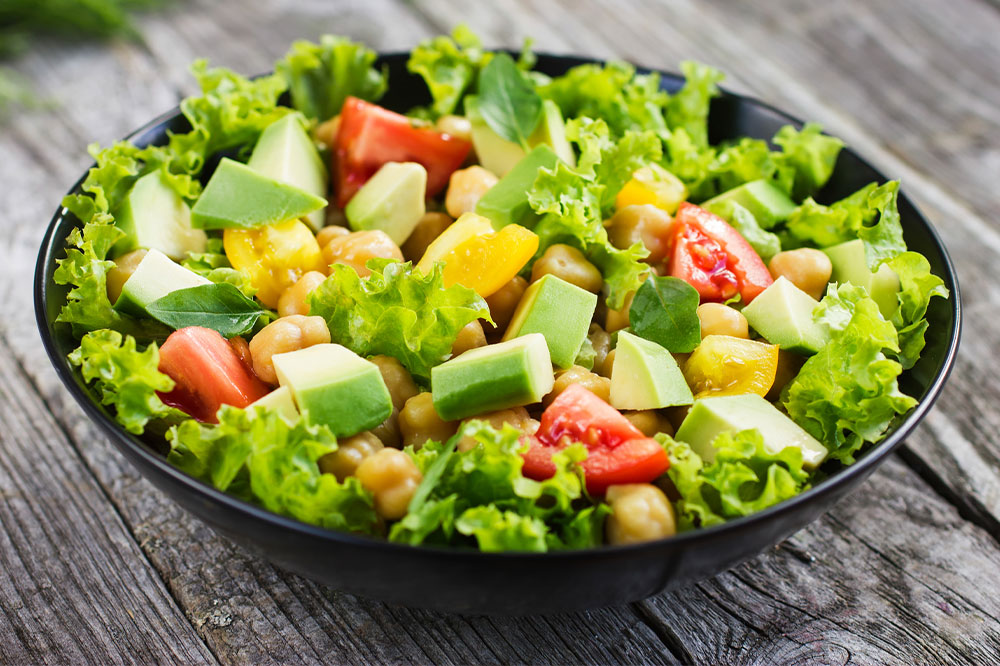
Prostate Cancer and Nutritional Deficiency
It has been seen that good nutrition, which involves eating healthy balanced meals at timely intervals, could reduce the risk of prostate cancer and its progression. Various studies are still ongoing to determine the role of food on prostate cancer development. This is an additional lifestyle change to adopt aside from healthy habits. Listed below are a few factors that highlight the link between this form of cancer and the meals you consume.
The Connection Between Food and Prostate Cancer
1. Food intake
A healthy meal plan to prevent prostate cancer and other health issues should include a wide range of fruits and vegetables. It should be low in fat and high in fiber. Also, limiting the quantity of simple sugars that you consume is essential. Staying adequately hydrated and being physically active would additionally be beneficial. Moreover, exercise or physical activity would help to keep your weight in check and prevent obesity, a risk factor for prostate cancer development.
2. Lycopene
This is a carotenoid that gives the bright red color to some fruits and vegetables such as watermelon, tomatoes, guavas, and apricots. It has been seen that this plant compound could have an impact on many health conditions, including prostate cancer. Although, there are mixed results of various research, there are some that have found a reduced prostate cancer risk or a reduction in the levels of prostate-specific antigen or PSA. PSA is a protein found in the blood; it is produced by the prostate. The levels of PSA is used as a screening test for this form of cancer. Hence, consuming these vibrant red fruits could be beneficial.
3. Vitamin D
This vitamin plays a crucial role in the body, including in the absorption of calcium from food. Some studies have demonstrated the link between a deficiency of vitamin D and the development of prostate cancer. A study conducted in 2014 found that African American men with insufficient vitamin D levels had a higher chance of developing prostate cancer. Hence, consuming fatty fish and eggs could help to lower your risk of this form of cancer. You could also consult your doctor about taking supplements.
4. Sulforaphane
This is a phytochemical found in cruciferous vegetables such as Brussels sprouts, kale, cauliflower, and cabbage. Studies have found that this complex compound could lower your risk of developing prostate cancer. Hence, adding these vegetables to your meals, raw or steamed could be beneficial.
5. Phytoestrogens
The compounds found in legumes such as peanuts, lentils, and beans can help to reduce prostate cancer risk as they are rich in antioxidants that help to regulate hormones and cell death. Also, the National Cancer Institute has established a connection between reduced levels of PSA and the consumption of soy. To ensure you get a sufficient amount of these plant compounds, you can swap meat for beans or enjoy homemade hummus as a dip.
Consuming nutrients that could lower your risk of developing prostate cancer is important. If you are at a higher risk due to family history or other factors, you could speak to your doctor about taking necessary supplements if required.



